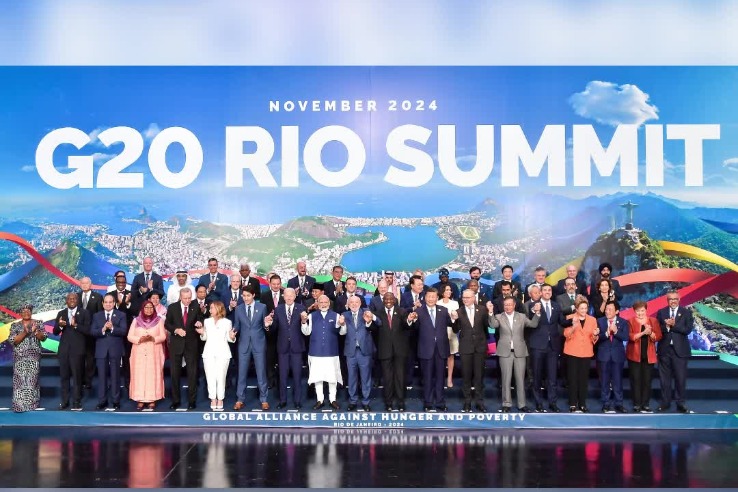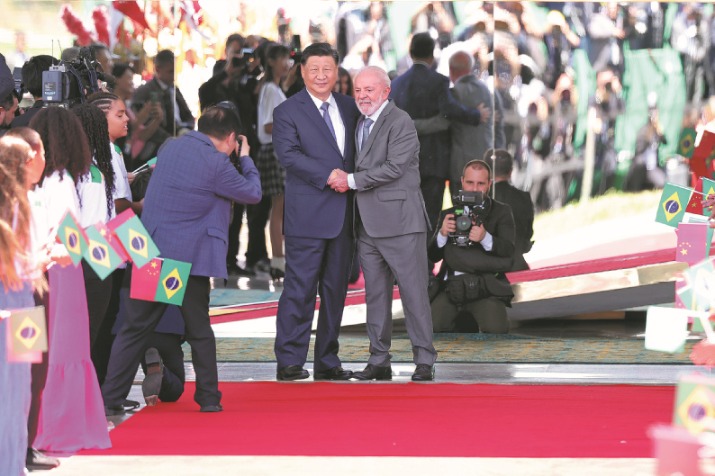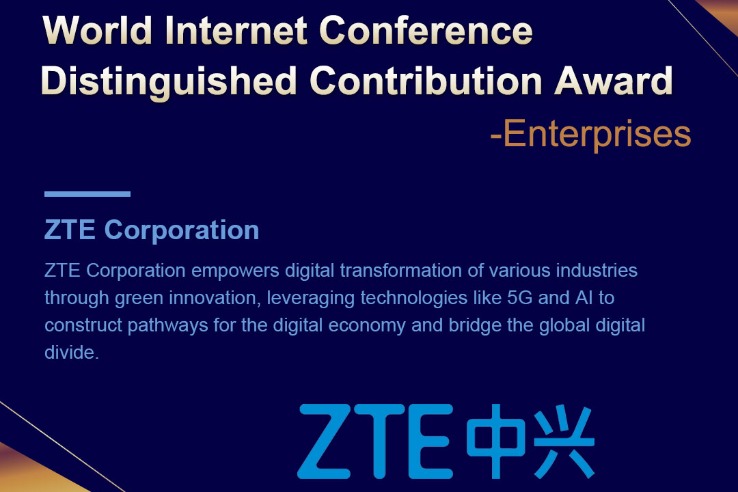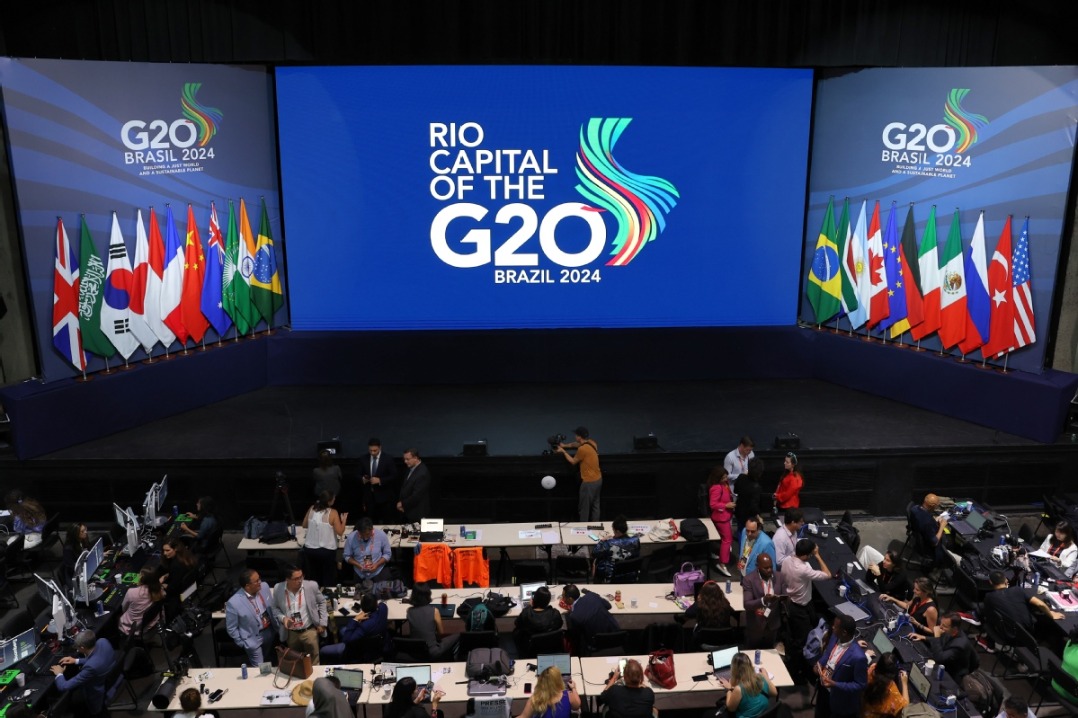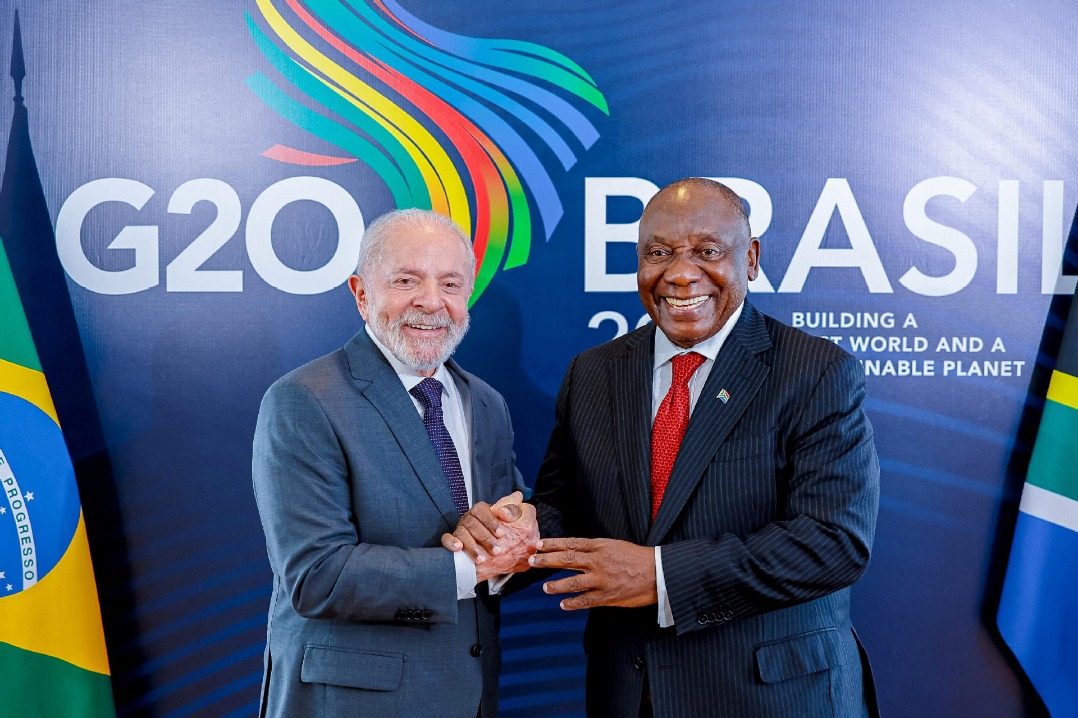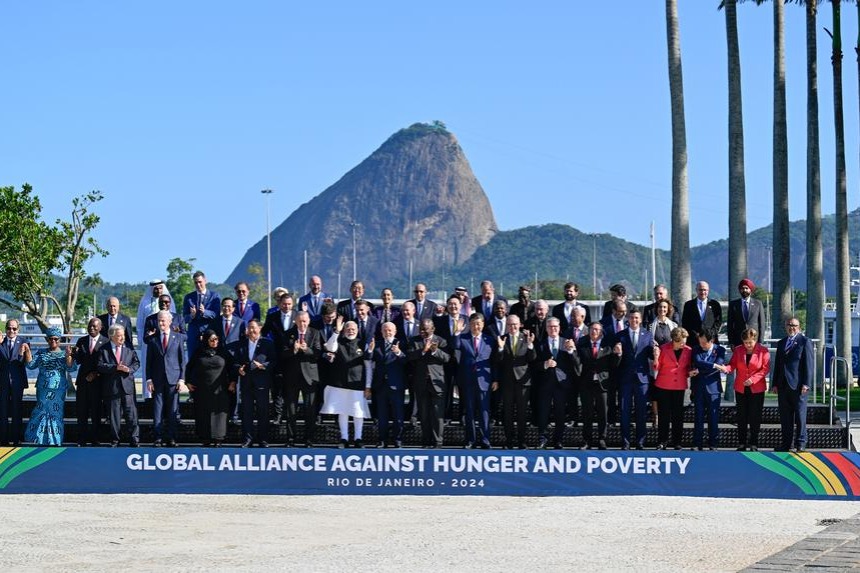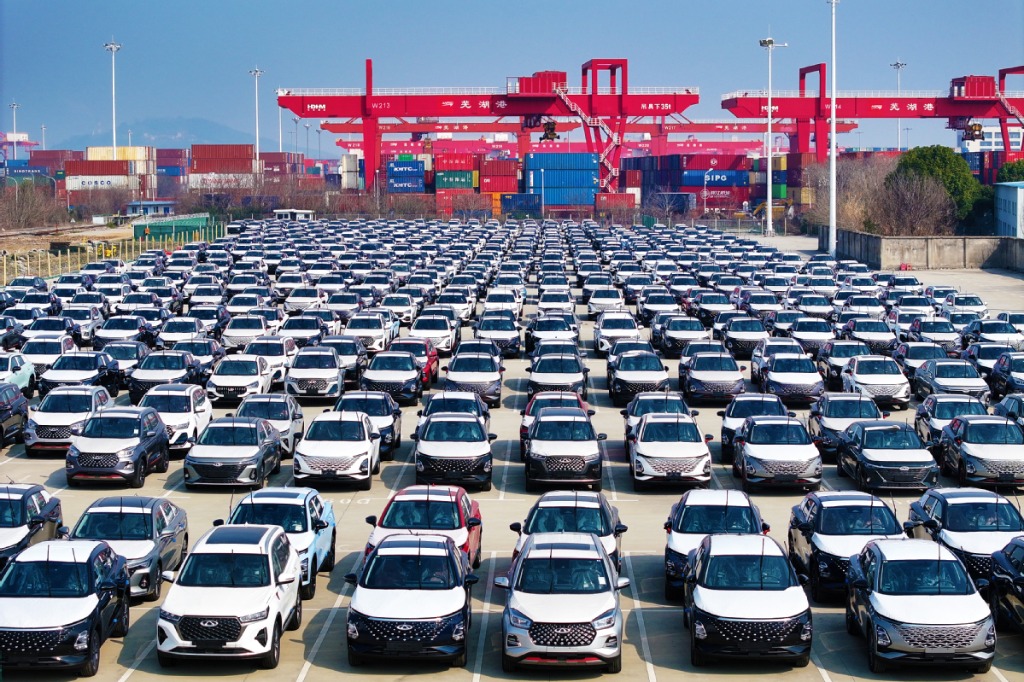How the secret US anti-vax operation disrupted Sinovac distribution

Attack from Florida, undermined global vax supply
The US campaign undermined the supply of life-saving vacs when they were needed the most. In early 2020, China sought to make Chinese vaccines available and affordable in developing countries, as a "global public Good." Sinovac was the primary vaccine available in the Philippines for a year until US-made and other vaccines became more available in early 2022.
Running the program through the military's psyop center in Tampa, Florida, US military disregarded the collateral devastation the propaganda was expected to have on Filipinos. "We weren't looking at this from a public health perspective," said a senior military officer to Reuters. "We were looking at how we could drag China through the mud."
Worse, Washington's own vax plan inoculated Americans first and placed no restrictions on what the Big Pharma could charge developing countries for the remaining vaccines. It let the US pharma giants "play hardball" with developing countries and suck the supply out of the global market. It set a terrible precedent for the West's vaccine nationalism, at the expense of human lives in the Global South.
They knew…
Who was in charge? The campaign began under former President Trump and continued months into Joe Biden's presidency. Worse, it prevailed "even after alarmed social media executives warned the Biden administration that the Pentagon had been trafficking in COVID misinformation," as Reuters found.
Knowing the lethal implications of the campaign in several world regions, Facebook could have protested. It didn't. There could have resignations. There weren't. What about orchestrated leaks? None. In the past, opposition from the State Department might have penalized the program. Not so now.
To implement its anti-vax campaign, the Pentagon overrode objections from top US diplomats in Southeast Asia. Yet, during the Gaza War, many patriotic Americans in the US military, intelligence and foreign service have protested the genocidal atrocities and some have resigned. Not so in the Philippines. There was no public protest by US ambassador Sung Y. Kim or his successors, John C. Law and Heather Variava, from early 2020 to mid-2022, not to mention resignations. And so, Jonathan Braga, senior US military commander responsible for Southeast Asia, could target Sinovac and the campaign was expanded to target Muslim-majority countries.
Following its audit of its campaign, the Pentagon criticized its primary contractor General Dynamics IT for getting caught, due to its sloppy tradecraft, and inadequate steps to hide the origin of the fake accounts. But there is a silver lining. In February, GD won a $493 million contract, to continue providing clandestine influence services for the military. These are the kind of defense contractors that also play a role in Philippines weapons buys.
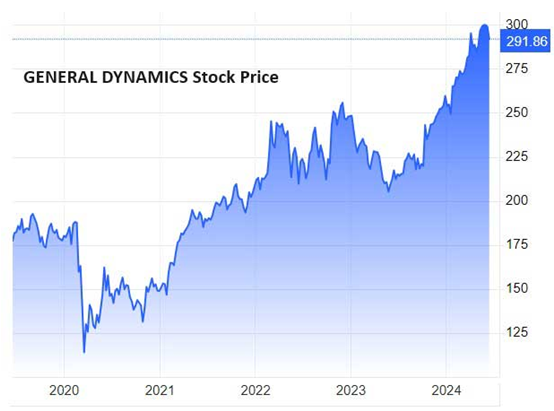
Thanks to its weapons sales in Ukraine and Gaza, GD stock has almost rippled up to $300 since early 2020. But new conflicts will be needed in Asia to sustain the stock surge in the future. It's just business.
Dr. Dan Steinbock is the founder of Difference Group and has served at the India, China and America Institute (US), Shanghai Institute for International Studies (China) and the EU Center (Singapore).
The original version was published by The Manila Times on June 17, 2024.

















